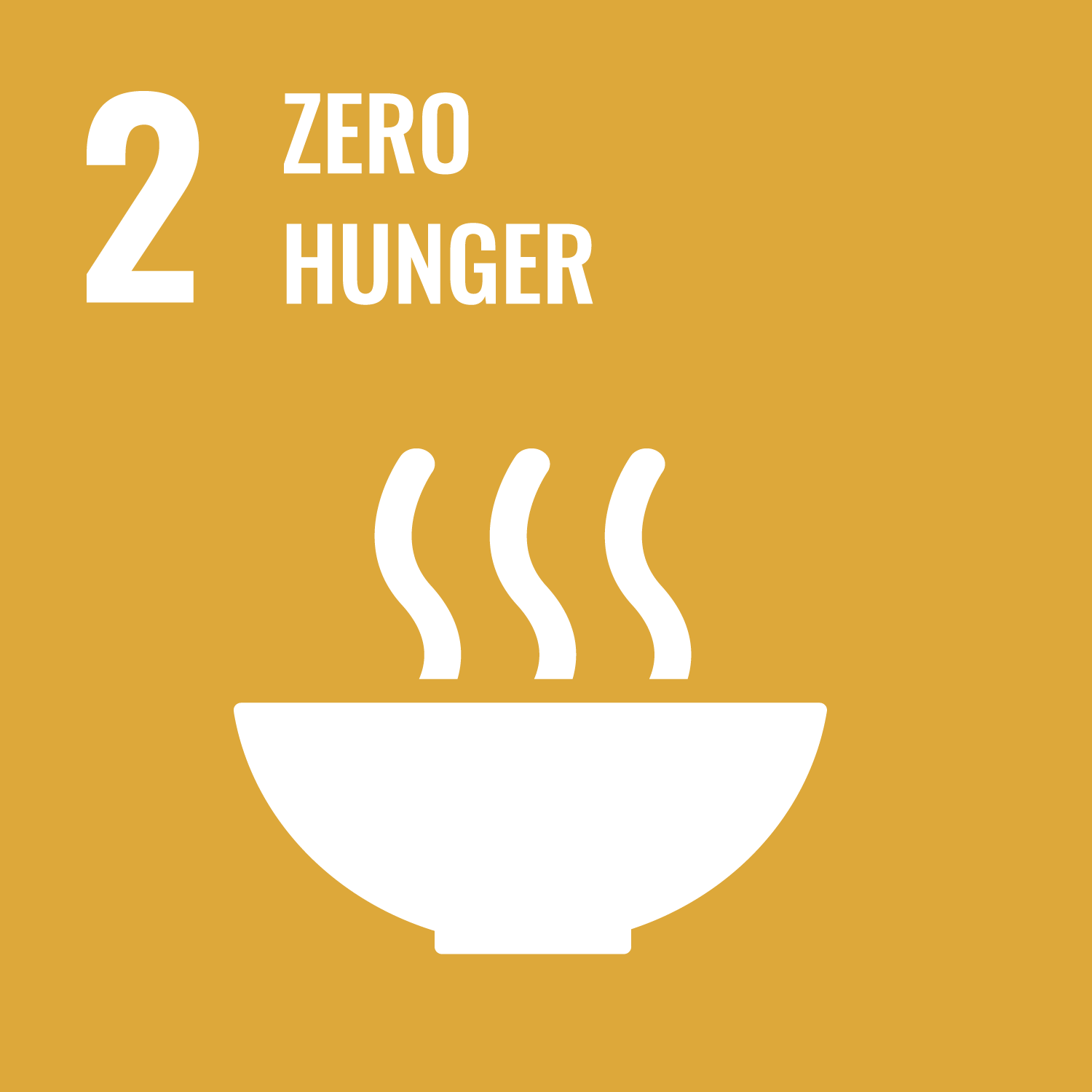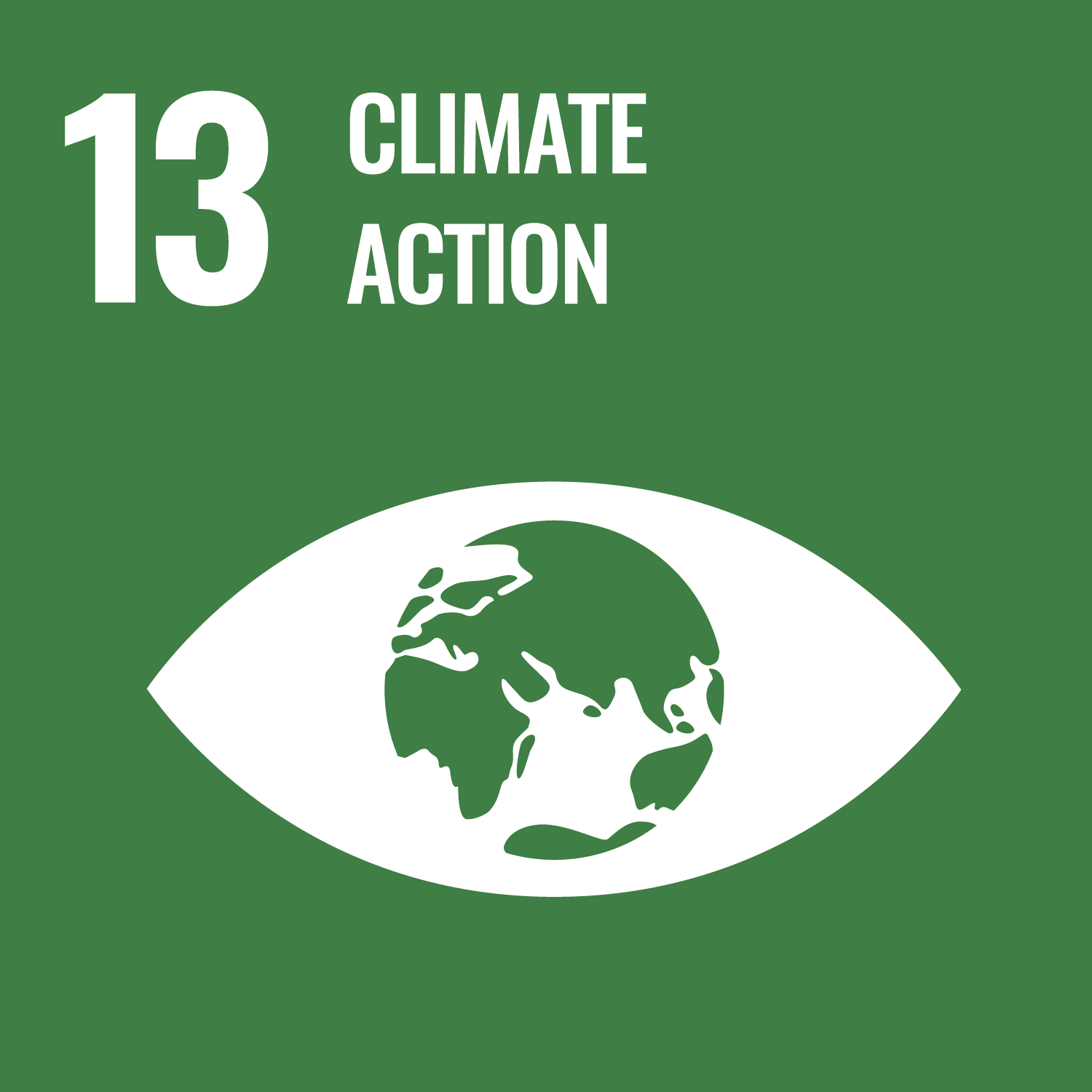Johnson, S.N. orcid.org/0000-0002-8388-8345, Simpson, K.J. orcid.org/0000-0001-6673-227X and Hartley, S.E. orcid.org/0000-0002-5117-687X (2025) Could large‐scale silicon supplementation of crop‐lands mitigate the impacts of climate change? PLANTS, PEOPLE, PLANET. ISSN 2572-2611
Abstract
Societal Impact Statement: Intervention strategies that involve supplementing crop‐lands with silicon have significant scope for carbon capture and drought mitigation, offering wide‐ranging societal impacts. These include contributing to decarbonisation goals, enhancing food security, providing economic benefits and reducing environmental damage associated with intensive agronomic practices. This article highlights emerging evidence that suggests elevated atmospheric CO2 and water limitation may impair silicon accumulation in plants. While this does not negate the outlined societal benefits, we argue that these limitations must be thoroughly quantified and incorporated into large‐scale implementation plans to ensure the reliability and effectiveness of silicon intervention strategies. Summary: Silicon accumulation in plants is increasingly recognised as playing an important functional role in alleviating environmental stresses. Most research to date has focused on relieving agronomic stresses in crops, including pest and pathogen damage, soil salinity and drought. Recently, attention has turned to large‐scale silicon application to agricultural landscapes as a potential anthropogenic climate change mitigation strategy. This includes silicon fertilisation to enhance soil carbon storage through advanced weathering of silicates, or by incorporating carbon in phytoliths in plant tissues. While these geoengineering approaches have potential, they could also present significant challenges. This article explores the opportunities and limitations for silicon‐based interventions in mitigating the impacts of rising atmospheric carbon dioxide levels and increased incidences of drought. We argue that despite the promise of silicon supplementation in reducing plant stress under climate change, research paradoxically shows that these very climate conditions can significantly impede silicon accumulation in plants. We propose a framework to guide the development of silicon intervention strategies to mitigate climate change and the research questions that should be addressed to ensure their effectiveness under future environmental conditions.
Metadata
| Item Type: | Article |
|---|---|
| Authors/Creators: |
|
| Copyright, Publisher and Additional Information: | © 2025 The Authors. This is an Open Access article distributed under the terms of the Creative Commons Attribution Licence (https://creativecommons.org/licenses/by/4.0/), which permits unrestricted use, distribution, and reproduction in any medium, provided the original work is properly cited. |
| Keywords: | CO2; crops; decarbonisation; environment; global change; silica; silicon; water deficits |
| Dates: |
|
| Institution: | The University of Sheffield |
| Academic Units: | The University of Sheffield > Vice-Chancellor's Office (Sheffield) The University of Sheffield > Faculty of Science (Sheffield) > School of Biosciences (Sheffield) |
| Funding Information: | Funder Grant number Australian Research Council DP250103426 |
| Depositing User: | Symplectic Sheffield |
| Date Deposited: | 28 Apr 2025 11:05 |
| Last Modified: | 28 Apr 2025 11:05 |
| Published Version: | https://doi.org/10.1002/ppp3.70020 |
| Status: | Published online |
| Publisher: | Wiley |
| Refereed: | Yes |
| Identification Number: | 10.1002/ppp3.70020 |
| Sustainable Development Goals: | |
| Open Archives Initiative ID (OAI ID): | oai:eprints.whiterose.ac.uk:225824 |



 CORE (COnnecting REpositories)
CORE (COnnecting REpositories) CORE (COnnecting REpositories)
CORE (COnnecting REpositories)